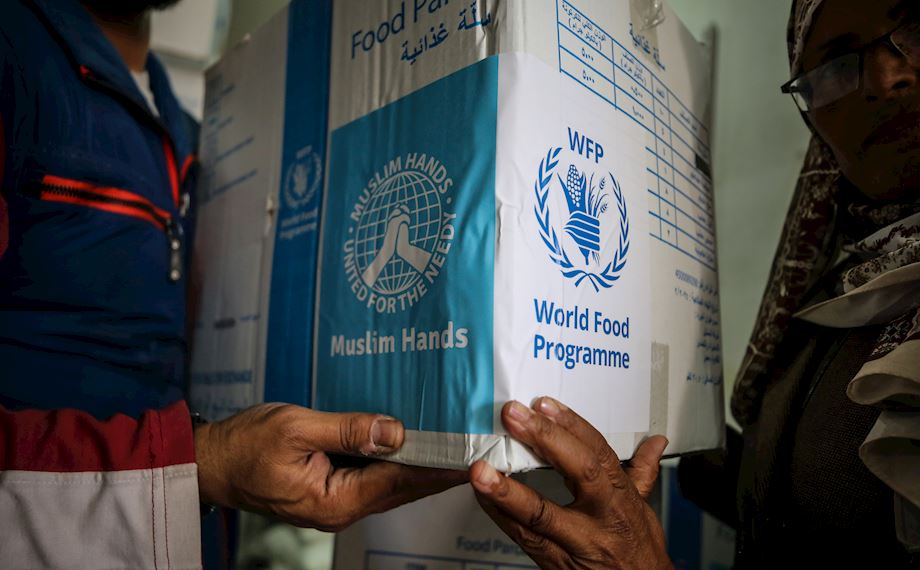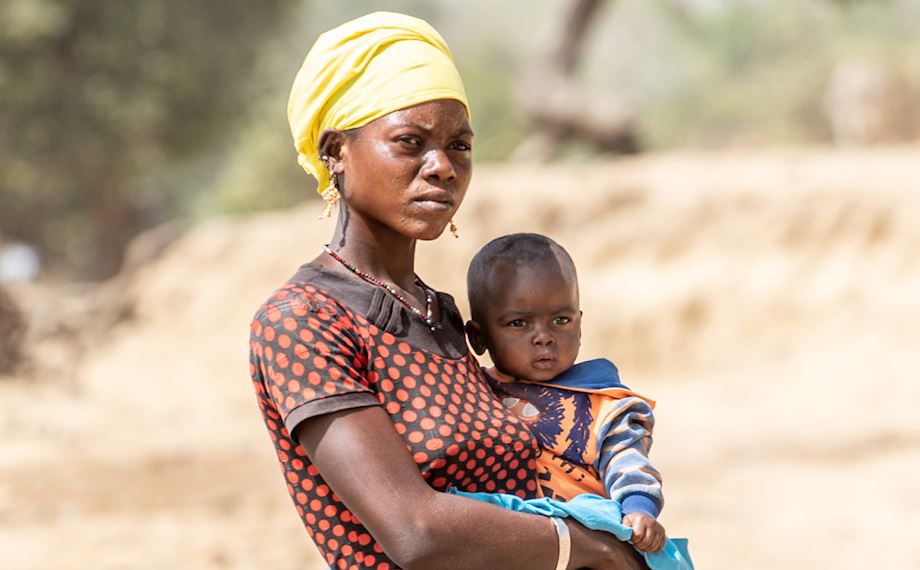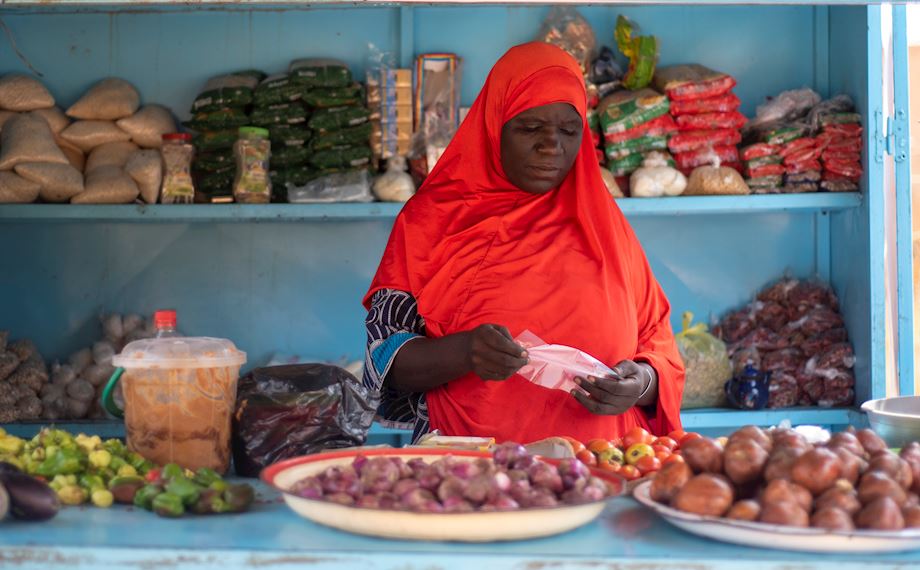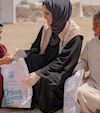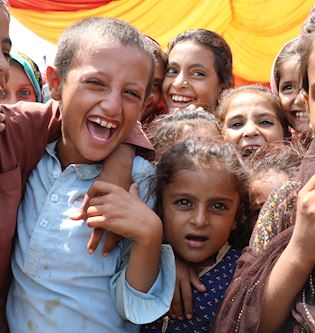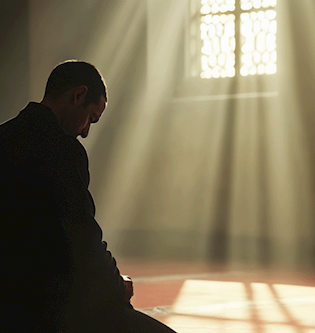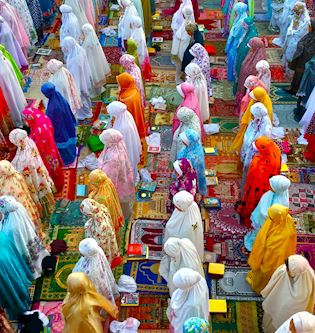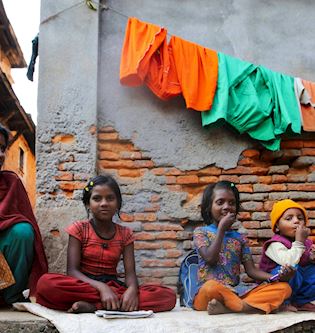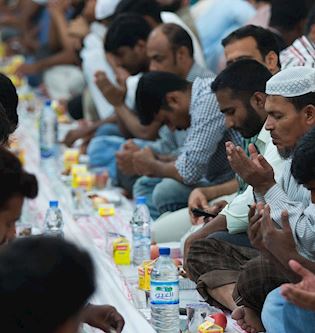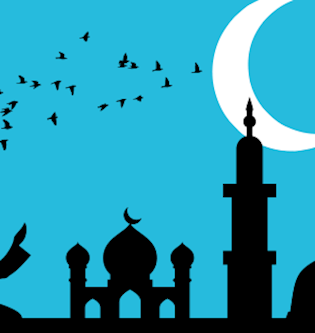Empowering Women in Developing Countries
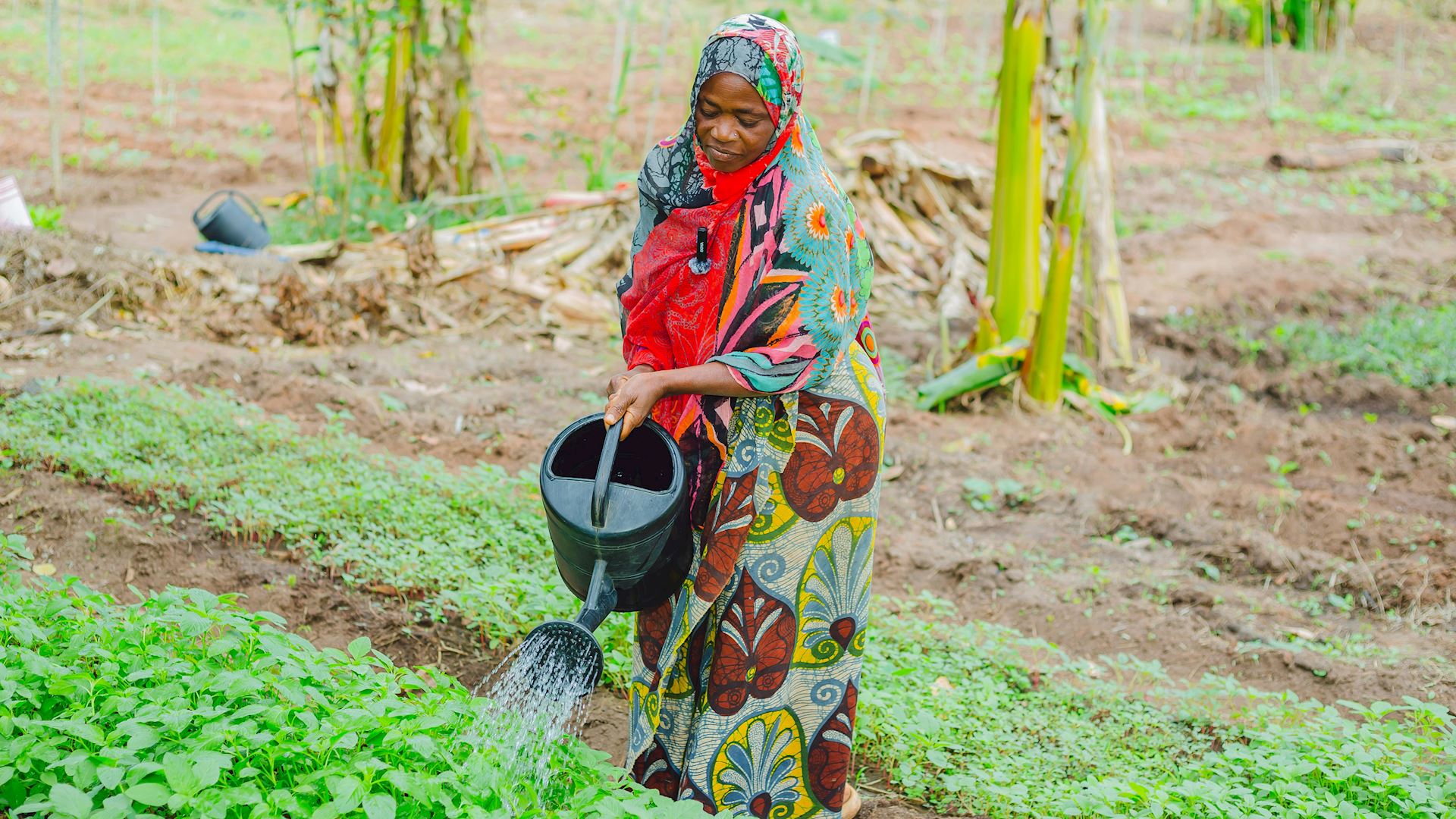
Advancing women’s rights is not just a human rights issue, it’s a fundamental building block for developmental progress. While there have been significant strides over the years, countless women continue to face systemic barriers that limit their access to education, healthcare, and economic opportunities.
Education: Unlocking Potential
Education is a powerful tool for empowerment and social transformation. Yet, in many developing countries, girls lack access to this basic right. Cultural norms, financial hardship, and family expectations often force girls to drop out of school early.
In several developing countries where early marriages are common, girls are often pulled out of school to take care of household responsibilities. This limits their access to education, preventing them from reaching their full potential. According to UNICEF, 122 million girls remain out of school globally.
How is Muslim Hands promoting gender equality through education?
At Muslim Hands, we believe quality education is essential in building a more equitable future. Investing in education creates opportunities for every child to excel. We are committed to reducing gender disparities by ensuring equal access to education, especially for girls that are orphans and that have disabilities.
Our educational programs are designed to offer more than just classroom learning. We offer motivated teachers, state-of-the-art facilities, and a holistic approach that ensures every child receives the support they need to thrive.
Learn more about Muslim Hands' School of Excellence in Senegal and Wali Shah's experience at the Muslim Hands' School of Excellence in Pakistan.
Healthcare: Addressing Disparities
Many women suffer from inadequate maternal health services, leading to high rates of maternal and infant mortality. Every day, more than 800 women die from complications related to pregnancy and childbirth.
While maternal and infant mortality rates have declined compared to a decade ago, significant challenges remain, especially in underserved communities. Addressing these healthcare disparities requires investment in healthcare infrastructure, education about reproductive health, and policies that prioritize women’s health needs.
What is Muslim Hands doing to address women’s healthcare?
Through our Motherkind campaign, we are working to save lives - both mothers and their newborns - by delivering essential maternal care where it’s needed most. We provide prenatal and postnatal care to pregnant women and new mothers in underprivileged communities, reducing their chances of severe complications. By distributing maternity kits and offering support to new mothers, we ensure newborns are cared for. See how your contributions enable us to offer vital services to women like Wassa.
We are also committed to empowering women through projects that improve sanitation and mensural hygiene. In Lahore and Sheikhupura, Pakistan, we are enhancing menstrual hygiene management in select government schools by building facilities specifically designed to accommodate the needs of women. We are installing toilets equipped with electronic incinerators to ensure proper waste disposal and provide a comfortable, private space for female students.
Economic Participation: Breaking Barriers
Economic empowerment is important to women’s advancement, yet women in developing countries face unique obstacles. Societal expectations, gender-based discrimination, and limited access to resources like credit, land ownership, and training all restrict women from starting businesses or securing stable employment.
Women are more likely than men to live in poverty. This disparity arises from various factors, including lower wages for similar work, less access to economic resources, and higher rates of informal employment. These inequalities make it harder for women to achieve financial security and break the cycle of poverty.
What is Muslim Hands doing to address economic disparities?
Through our Livelihoods campaign, we offer support that enables women to become self-sufficient providers for their families, building long-term resilience and independence.
Our initiatives include:
- Hope Shops for widows to run their own small businesses
- Livestock distributions for sustainable income generation
- Livelihood and vocational training, including sewing workshops and other skills-based programs
These efforts empower women with the tools, confidence, and resources they need to thrive.
When Women Rise, Nations Thrive
Empowering women in developing countries can be a catalyst for meaningful change. When women are educated, healthy, and economically independent, entire communities thrive. International organizations, governments, and non-governmental organizations (NGOs) must work together to address these challenges.
With your continued support, we can uplift even more women, transform lives, and build a future rooted in dignity, equality, and hope.





